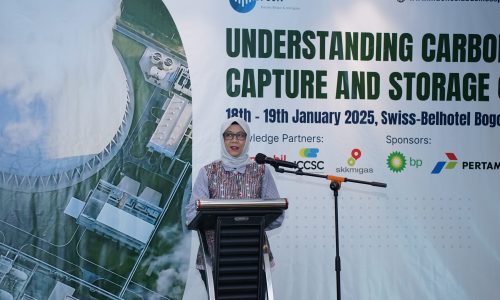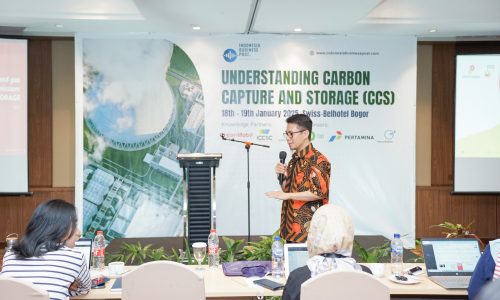Indonesia does not have a Criminal Code (KUHP) made by the nation in its own language and in accordance with the identity of Indonesian nation which is based on Pancasila as Staatsfundamentalnoorm (basic norms of the state).
The House of Representatives (DPR) is deliberating the revised KUHP bill in this sitting session. The existing Criminal Code originated from the Dutch colonial era and was ratified in 1918.
There are a number of controversial articles in the Draft Criminal Code (RKUHP), namely Article 218 concerning Humiliation of the President; Articles 240, 247 and 354 on Insulting Legitimate Government; Articles 278 and 279 concerning Poultry Confinement; Article 414 concerning Contraceptive Devices; Article 417 concerning Adultery; Article 418 concerning Cohabitation; Article 431 concerning Homelessness; Article 470 concerning Abortion; Article 597 concerning the Law of Life; Article 281 concerning Court Contempt; Article 304 concerning Blasphemy of Religion and Article 273 on Protests.
In addition to the existence of 14 problematic articles, resistance related to the Criminal Code was also triggered by several problems, including public disappointment because the discussion of the draft law was carried out in a closed and hasty manner; several groups, especially the Indonesia Corruption Watch (ICW), view that the draft Criminal Code threatens the efforts to eradicate corruption and several articles in the draft Criminal Code are considered by the Indonesian Solidarity Party (PSI) and the Press Council to have political implications.
Main issues
The main issues related to controversial articles in the Draft Criminal Code are, first, there are at least 14 controversial articles in the RKUHP which are the reasons why many people reject or oppose its ratification.
Second, various groups also considered that the discussion of the draft law was carried out in a closed and hasty manner such as the discussion of the Omnibus Law on Job Creation, thus ignoring the decision of the Constitutional Court so that the discussion of the bill into law needs to involve full participation from the community (meaningful participation).
Third, the RKUHP is also considered not yet firm in efforts to eradicate corruption, and even no longer places the threat of corruption as an extraordinary crime.
Fourth, a number of articles have the potential to cause political implications in the future, if the formulation of the articles still causes controversy.








